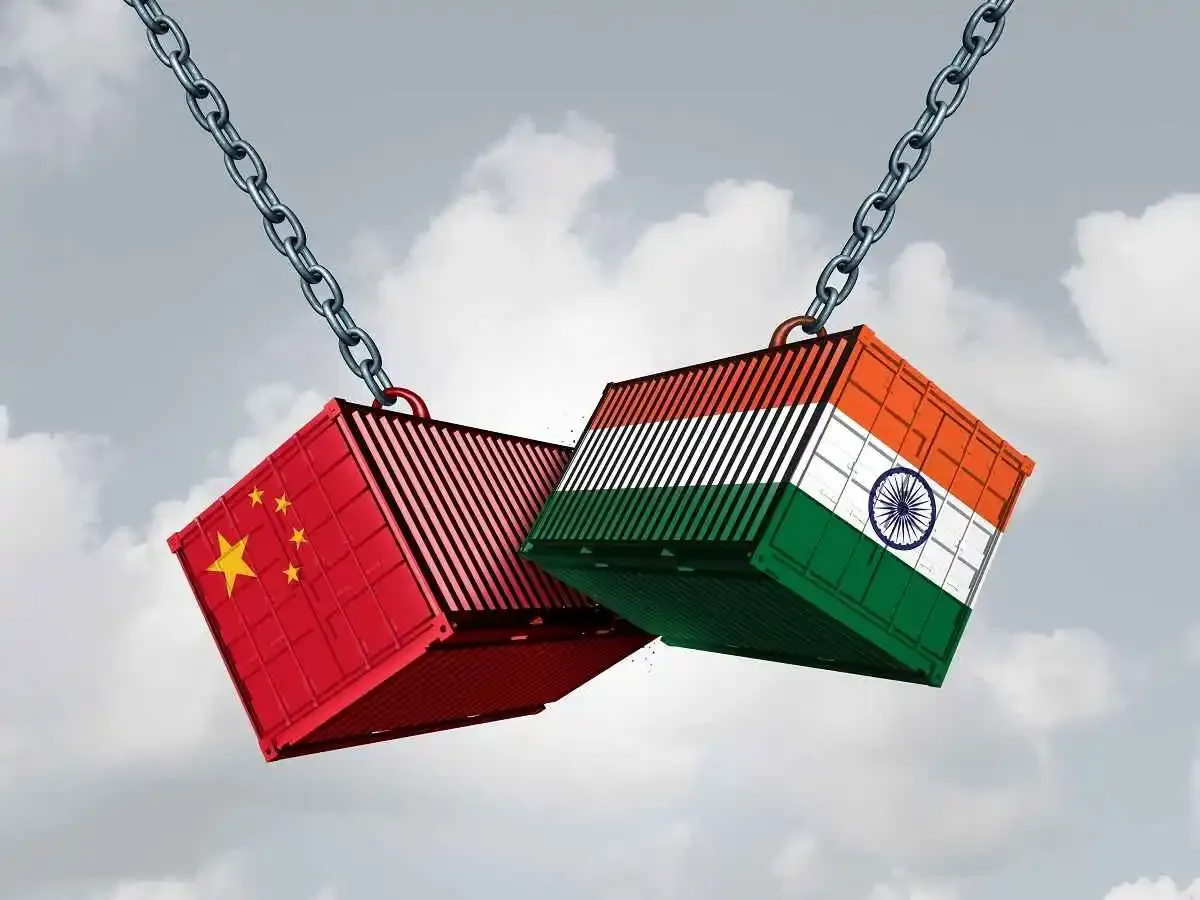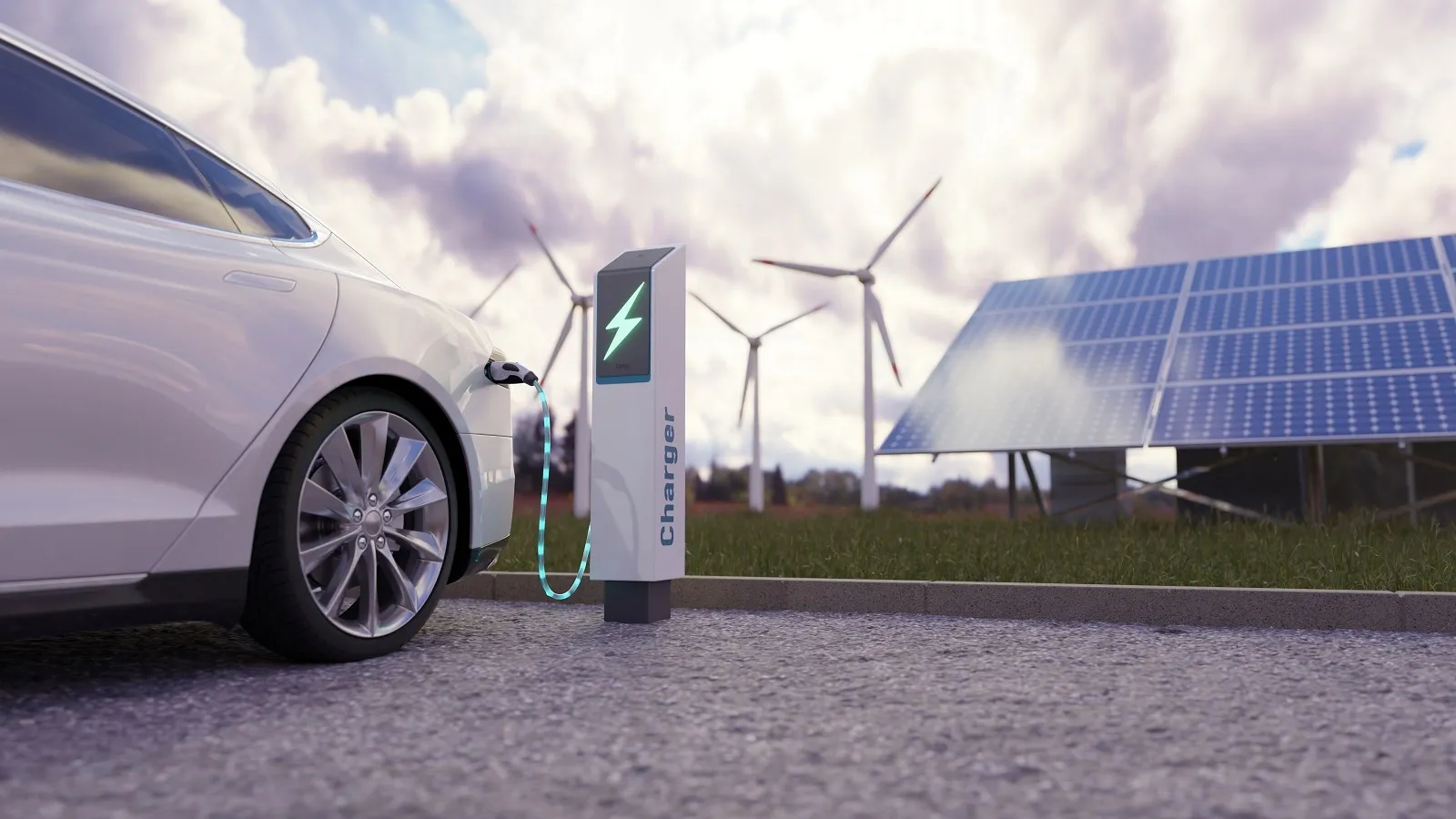Business News
China takes India to WTO over PLI schemes: Why is Beijing upset, what’s next?
.png)
3 min read | Updated on October 21, 2025, 12:17 IST
SUMMARY
China has filed a formal complaint at the World Trade Organization (WTO) against India, claiming that New Delhi’s flagship Production Linked Incentive (PLI) schemes unfairly favour domestic manufacturers of batteries, automobiles, and electric vehicles.

According to a communication of the Geneva-based WTO, China has sought consultations with India on these measures under WTO's dispute settlement mechanism.
China has filed a complaint at the World Trade Organization (WTO) against India, alleging that New Delhi’s Production Linked Incentive (PLI) schemes for batteries, automobiles, and electric vehicles violate global trade rules.
The request for consultations, circulated to WTO members on October 20, concerns India’s flagship PLI schemes for advanced chemistry cell (ACC) batteries and for the automobile and auto components sector, as well as a 2024 scheme to promote the manufacturing of electric passenger cars.
What are China’s main allegations?
China said the measures provide subsidies and incentives contingent on the use of domestic inputs over imported ones.
These measures appear to be inconsistent with India's obligations under the SCM (Subsidies and Countervailing Measures) Agreement, the GATT (General Agreement on Tariffs and Trade) 1994 and the TRIMs (Trade-Related Investment Measures) Agreement.
"...as a consequence of the foregoing, the measures at issue appear to nullify or impair benefits accruing to China, directly or indirectly, under the cited agreements," the WTO's communication dated October 20 has said.
Which Indian schemes are being challenged?
In its complaint, China has mentioned three programmes - Production Linked Incentive, National Programme on Advanced Chemistry Cell (ACC) Battery Storage; Production Linked Incentive Scheme for Automobile and Auto Component Industry; and Scheme to Promote Manufacturing of Electric Passenger Cars in India.
The incentive schemes in question are part of the government’s “Make in India” and “Atmanirbhar Bharat” push, which seek to strengthen domestic manufacturing and reduce dependence on imports in strategic sectors including electric mobility and renewable energy storage.
The PLI-ACC battery scheme was launched in 2021 with a budget of ₹18,100 crore to strengthen the ecosystem for electric mobility and battery storage in the country.
Under the scheme, manufacturers must meet phased domestic value addition (DVA) targets, rising from 25% to 60% over five years, to qualify for subsidies.
Similar DVA thresholds apply under the ₹25,938 crore PLI scheme for automobiles and auto components, where incentives are linked to sales of vehicles and components meeting local value requirements.
China has also objected to India’s 2024 EV Passenger Cars Scheme, which offers reduced customs duties on imported electric cars to approved applicants who commit to setting up manufacturing facilities in India and meeting local content and investment thresholds.
The scheme allows approved applicants to import Completely Built Units (CBUs) of electric four-wheelers (e-4Ws) with a minimum Cost, Insurance and Freight (CIF) value of USD 35,000 at a reduced customs duty of 15% for a period of five years from the date of application approval. This benefit, however, is capped at 8,000 units annually, with unutilised limits allowed to be carried over.
According to Beijing, these measures collectively “accord less favourable treatment to imported goods than to like domestic goods.”
What happens next in the WTO process?
Both India and China are members of the WTO. If a member country believes that a support measure under a policy or scheme of another member nation is harming its exports of certain goods, it can file a complaint under the dispute settlement mechanism of the WTO.
Seeking consultation is the first formal step in a potential trade dispute. If consultations between China and India fail to resolve the matter within 60 days, Beijing could request the establishment of a dispute settlement panel.
India has not yet commented on the dispute.
Related News
By signing up you agree to Upstox’s Terms & Conditions
About The Author
Next Story


